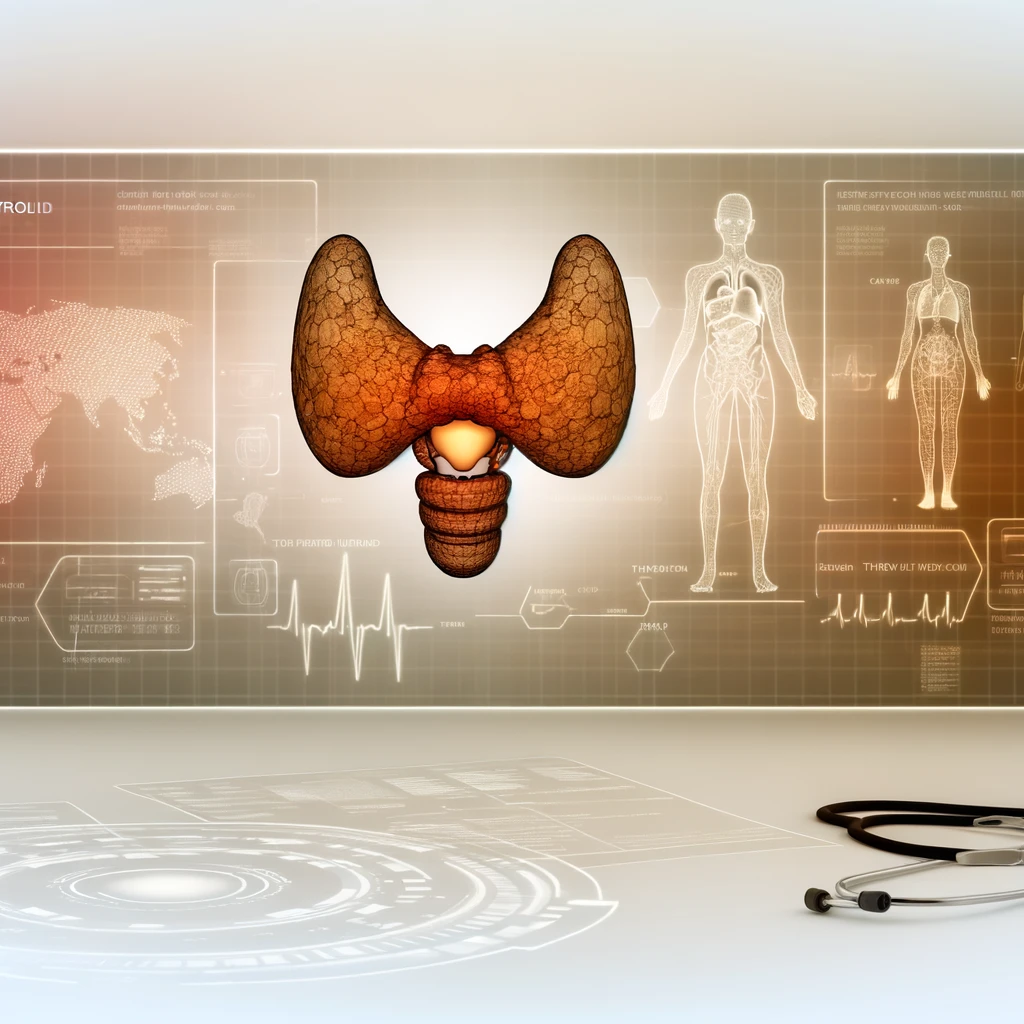
Nutritional Psychiatry: Eating for Your Brain’s Health
The connection between diet and mental health has gained considerable attention in recent years, leading to the emergence of a new field known as nutritional psychiatry. This discipline explores the impact of dietary choices on mental health and cognitive function. Understanding how specific nutrients affect brain health can empower individuals to make informed decisions that enhance their mental well-being.
Understanding Nutritional Psychiatry
Nutritional psychiatry is the study of how food and nutrition impact mental health and cognitive function. This field of study emphasizes the role of diet in preventing and managing mental health disorders such as depression, anxiety, and cognitive decline. By examining the relationship between nutrition and the brain, researchers aim to develop dietary strategies that support mental well-being.
The Science Behind Nutritional Psychiatry
Research in nutritional psychiatry is based on the understanding that the brain requires specific nutrients to function optimally. These nutrients include omega-3 fatty acids, vitamins (such as B-vitamins and vitamin D), minerals (such as zinc and magnesium), and antioxidants. These components play critical roles in maintaining brain structure, regulating neurotransmitter production, and reducing inflammation.
Foods for Brain Health
Incorporating certain foods into your diet can significantly impact mental health and cognitive performance. Here are some key foods that are beneficial for brain health:
- Fatty Fish: Rich in omega-3 fatty acids, fatty fish like salmon, mackerel, and sardines are excellent for brain health. Omega-3s are essential for maintaining brain cell membranes and reducing inflammation.
- Nuts and Seeds: Almonds, walnuts, flaxseeds, and chia seeds are packed with healthy fats, antioxidants, and vitamins that support brain function and mental clarity.
- Leafy Greens: Vegetables such as spinach, kale, and broccoli are high in vitamins and antioxidants that protect the brain from oxidative stress and cognitive decline.
- Berries: Blueberries, strawberries, and blackberries contain flavonoids that improve memory and cognitive function by enhancing brain plasticity.
- Whole Grains: Foods like oats, quinoa, and brown rice provide a steady source of energy and are rich in B-vitamins that support neurotransmitter production.
The Role of Gut Health
The gut-brain connection is a critical aspect of nutritional psychiatry. The gut microbiome, which consists of trillions of microorganisms, plays a vital role in mental health by influencing the production of neurotransmitters. A balanced diet rich in fiber, probiotics, and prebiotics supports a healthy gut microbiome, which in turn promotes mental well-being.
Practical Tips for a Brain-Healthy Diet
Implementing a brain-healthy diet doesn't have to be complicated. Here are some practical tips to incorporate nutritional psychiatry principles into your daily routine:
- Plan Balanced Meals: Ensure your meals include a variety of nutrients by incorporating vegetables, lean proteins, healthy fats, and whole grains.
- Stay Hydrated: Adequate water intake is crucial for cognitive function. Dehydration can impair attention and short-term memory.
- Limit Processed Foods: Reduce the consumption of processed foods high in sugars and unhealthy fats, as they can negatively affect mood and cognitive abilities.
- Practice Mindful Eating: Paying attention to hunger cues and savoring meals can enhance digestion and improve the connection between food and mood.
Conclusion
As the field of nutritional psychiatry continues to grow, the evidence supporting the link between diet and mental health becomes increasingly compelling. By making informed dietary choices, individuals can take proactive steps to support their brain health and overall well-being. Remember, a balanced diet is a cornerstone of a healthy mind.
Related Articles





